Driving in Papua New Guinea
In Papua New Guinea, driving rules align closely with those in Australia, with vehicles driving on the left. Drivers must carry a valid licence, and vehicles need a registration and safety sticker. Foreign licences are valid for six months; after that, a local licence must be obtained from Motor Vehicles Insurance Limited (MVIL) in Port Moresby.
Vehicle registration and ownership transfer are handled at MVIL. Regular roadworthiness inspections are required, costing K110 for light vehicles and K165 for heavy vehicles. If the vehicle fails the inspection, it can be retested within 30 days at no additional cost.
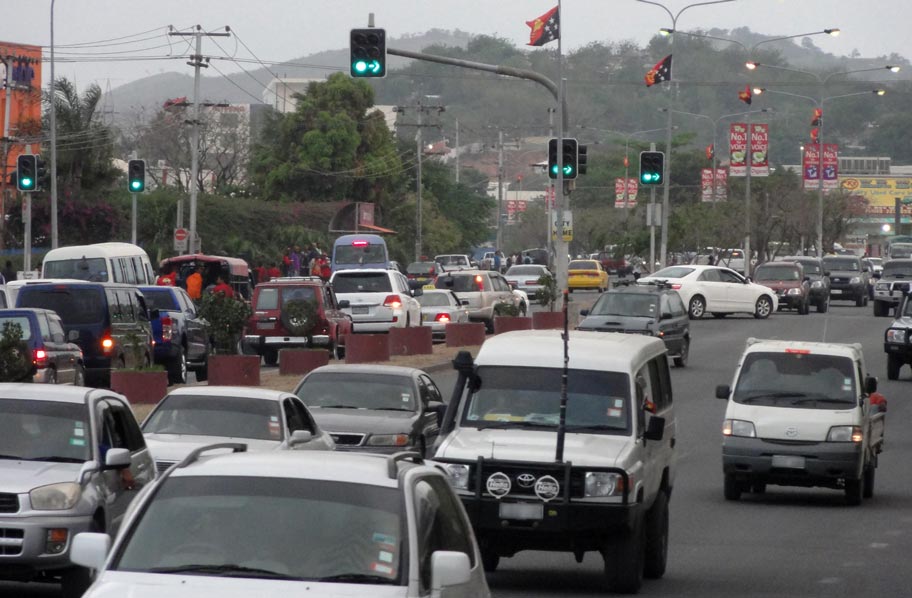
Image Source: mooresinpng.blogspot.com
While Traffic Police are in charge of enforcing rules, road discipline can be lax, leading to frequent accidents caused by speeding, recklessness, and driving under the influence. Road users must take precautions against any vehicles driving dangerously.
Drivers should also take care of their security whilst driving, as car-jackings, whilst uncommon, do occur. The following are some simple steps to stay safe:
-
Car alarms and vehicle trackers are available from security firms. These GPS enabled devices have a panic button in case of an emergency, and a patrol vehicle can quickly track your location to ensure you are safe.
-
Situational awareness in respect to other vehicles is essential. If you suspect that a car is following you, make an unusual manoeuvre, such as circling a roundabout twice, to confirm your suspicions. If a vehicle is following you, drive directly to the nearest police station or safe haven.
-
Keep car doors locked, particularly when stationary.
-
When driving, keep enough distance between your car and the vehicle ahead of you to allow you to pull away in case of trouble. Leaving room between your car and the next car is especially important when in a traffic jam as this is a prime opportunity for robbery.
-
Avoid driving at night where possible and, at minimum, avoid known trouble spots. Port Moresby has several reputable guarded taxi services, which should be considered for travel, especially at night.
Taxis in PNG
Taxis in PNG are identifiable by a "T" on their number plates. While most taxis are reliable, some may not meet safety standards, so it’s best to agree on fares upfront. Secure taxi services, available for expats, are recommended and can be pre-booked.
Taxis must have meters installed but are rarely used. It is therefore prudent to agree on the fare before travelling.
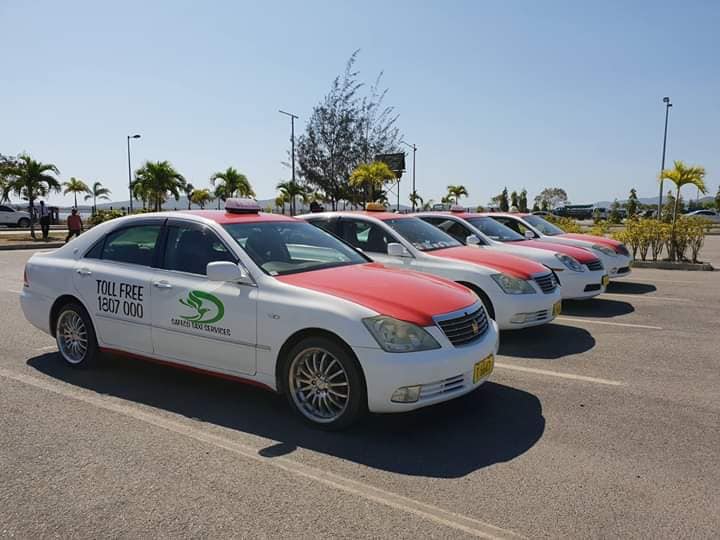
Image Source: pngfacts.com
Several companies specialise in providing secure transportation using high-quality vehicles. These do require a pre-booking, and fares can be paid via an account. These companies will often have different sized cars depending on the requirements, such as a small bus for an airport run. Non-nationals should generally utilise secure taxi services.
Public Transport in Papua New Guinea
PNG has an owner/operator public transport system. Public Motor Vehicles (PMVs) are owned by private companies or individuals and operate on behalf of the public transport system. The typical fare is K1-K2 per trip regardless of the route.
The most common PMVs are 22-seater Toyota Coasters, but large open-back utility trucks, such as an Isuzu flatbed, also qualify as a PMV.
While PMVs are not often used by expats in cities, they are more common in rural areas like Alotau and Kokopo. There are potential security risks associated with travelling on PMVs or waiting at bus stops. However, in some outer regions, such as Alotau, Kokopo and Kavieng, it’s relatively common to see expats jumping on board a bus.
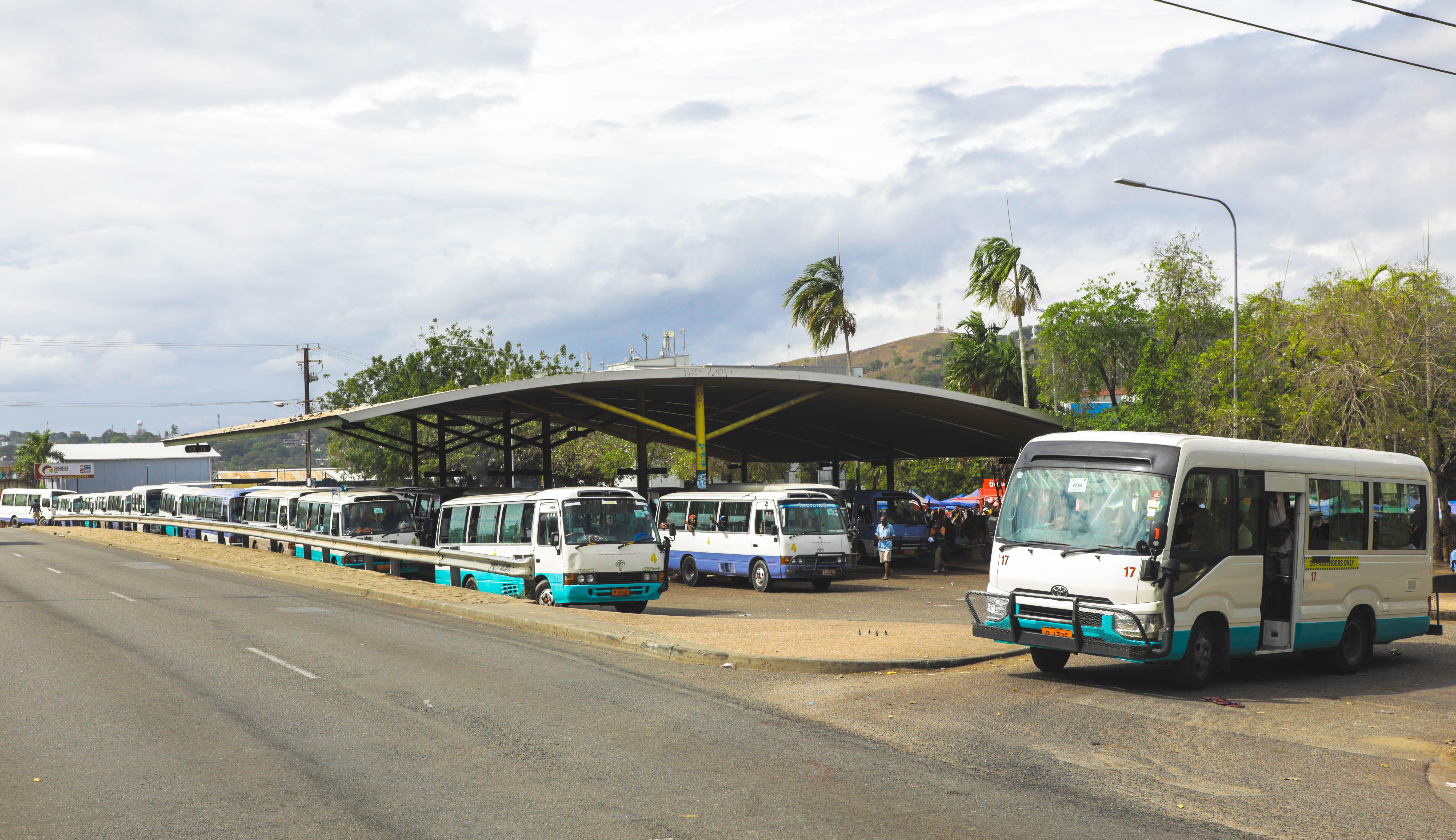
Domestic Flights in PNG
There are limited roads connecting Port Moresby to the rest of PNG. There are road links into Central Province and running as far as Kerema in Gulf Province.
Due to PNG’s rugged terrain, air travel is the primary means of getting around. Air Niugini and PNG Air operate domestic flights, with fares between Port Moresby and Lae starting at K400. Air Niugini also offers discounted fares on Tuesdays, though they come with restrictions.
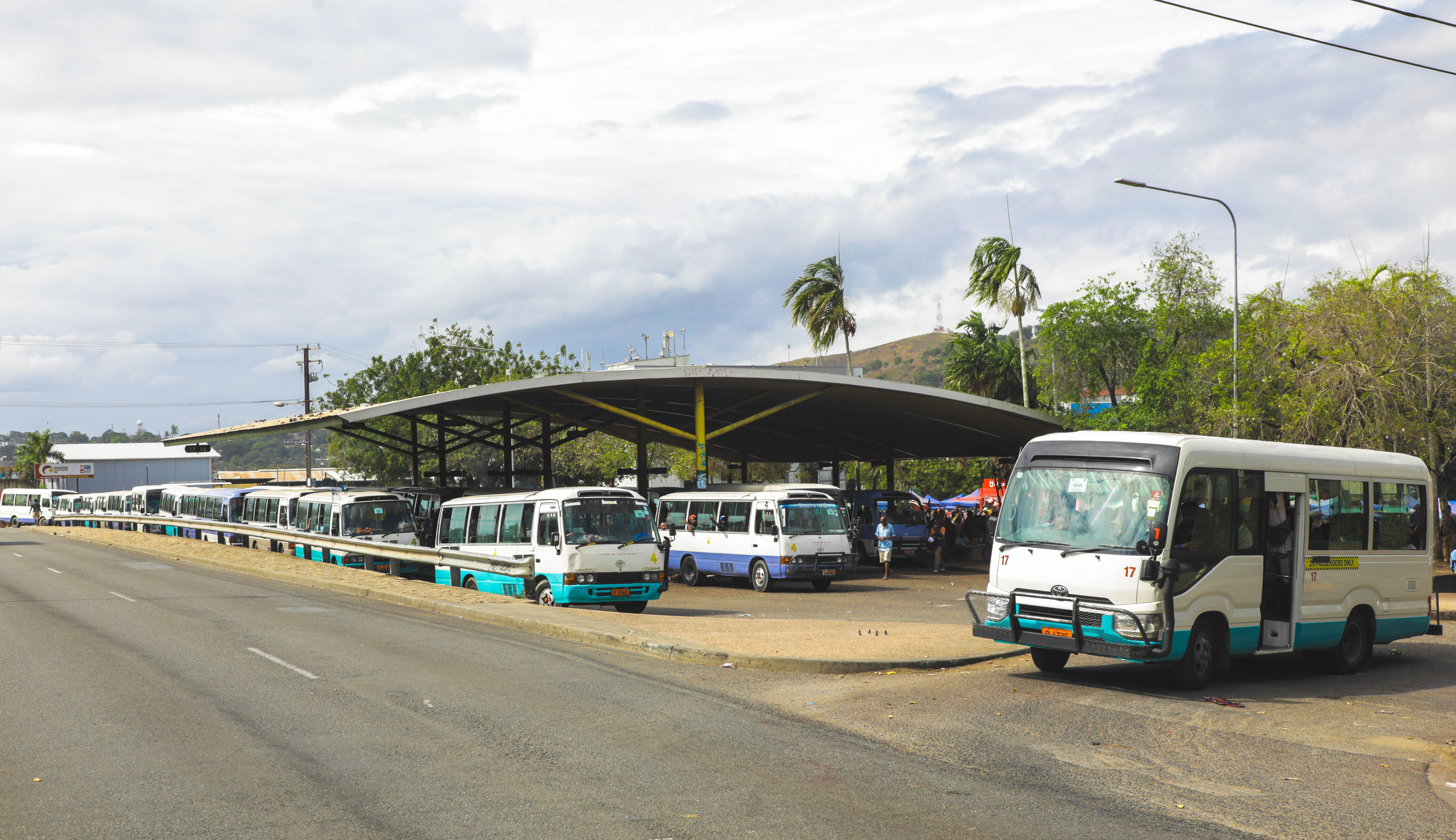
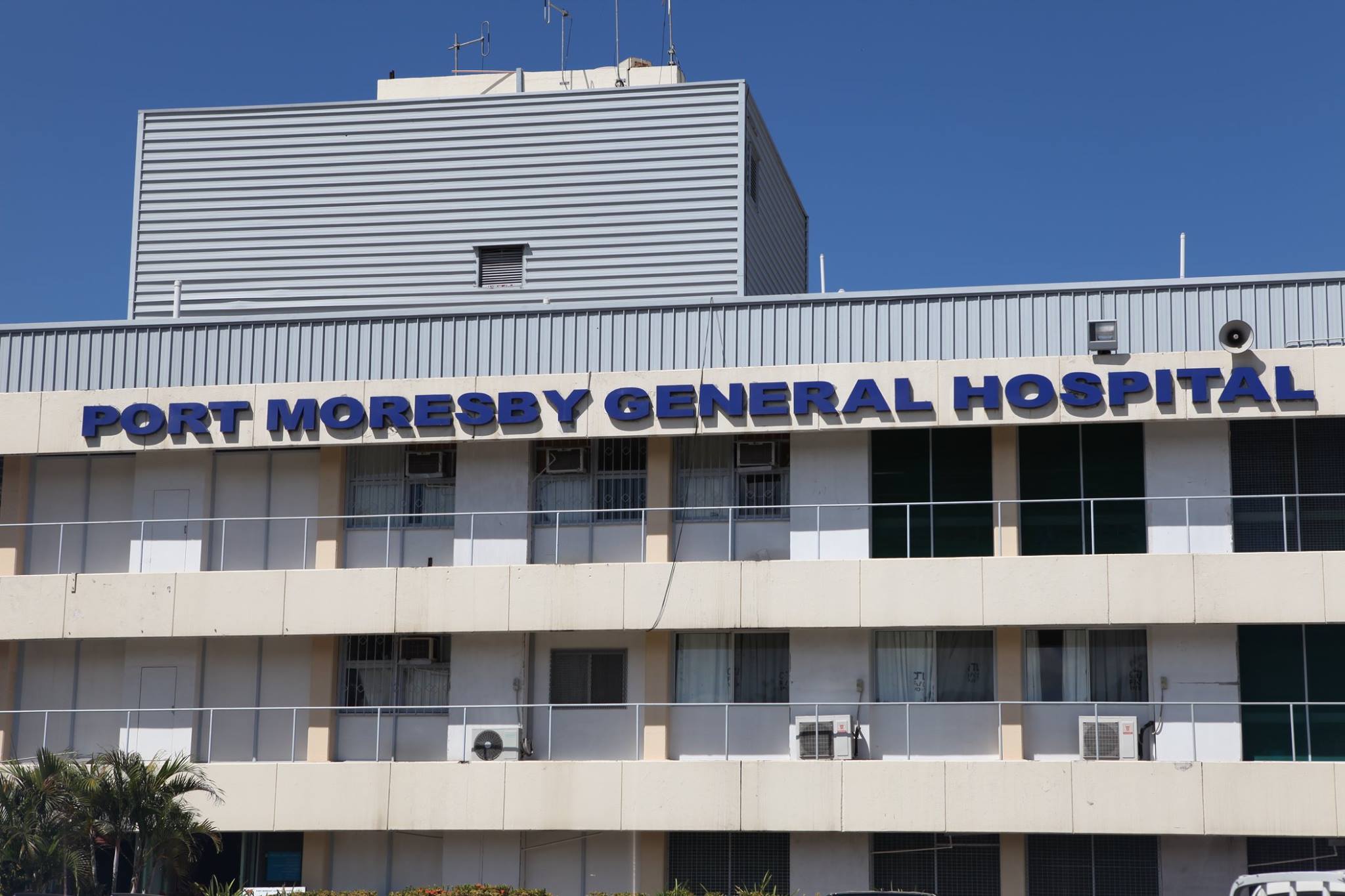
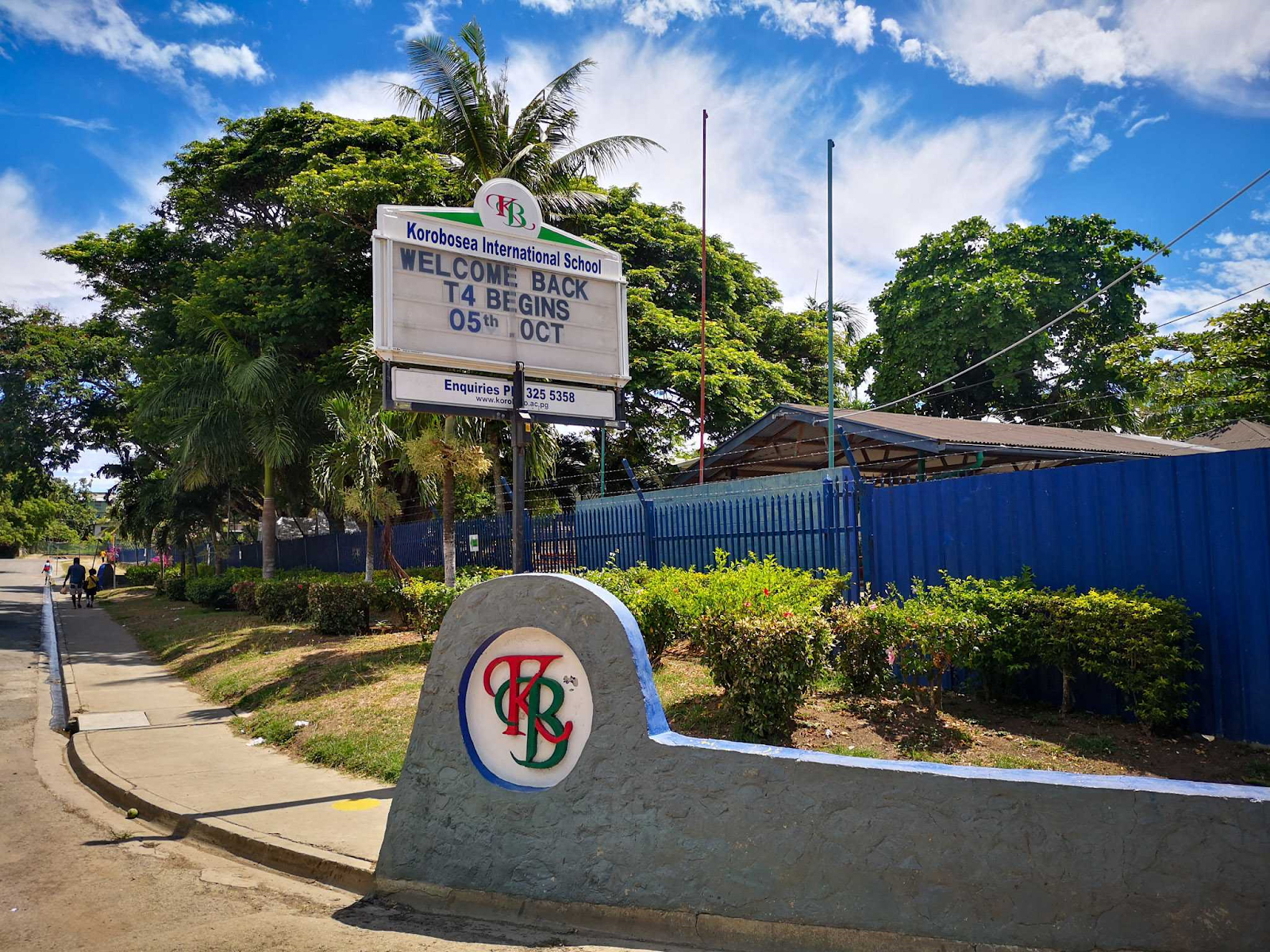

Comments